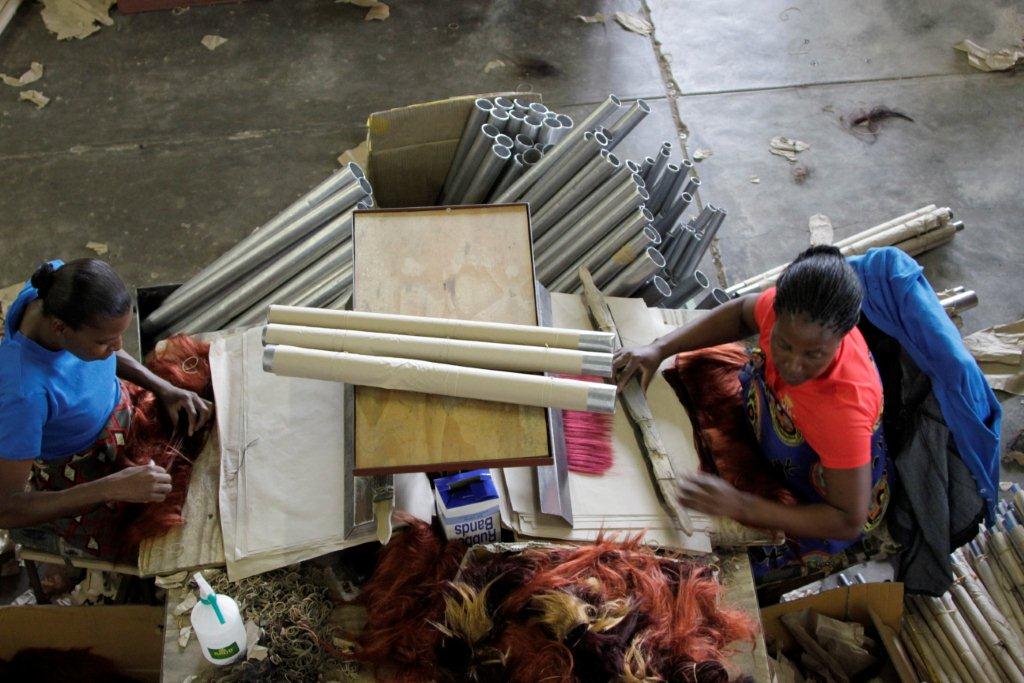
GOVERNMENT must implement measures to stem the influx of imports into the country as a way of abetting increased company closures, captains of industry have said.
BY KUDZAI CHIMHANGWA
As deflation continues to spiral, production volumes have substantially fallen leading to Zimbabwe becoming ever more dependent on imports.
This scenario has led to negative ripple effects on the rest of the economy, compounded by an acute liquidity crunch.
Zimbabwe National Chamber of Commerce (ZNCC) vice-president David Norupiri said the most immediate remedy would be to institute import control measures in order to save remaining companies.
“The influx of imports needs to be controlled. Cheap imports are being smuggled into the country day and night thereby destroying industry,” he said, adding that by not controlling imports, more companies would continue to crumble.
Worsening the situation was the regular raids on companies carried out by the Zimbabwe Revenue Authority (Zimra), he said.
“These same companies have been paying taxes; this situation makes it very difficult for Zimra to cope with fiscal demands. People are being rendered jobless and ending up on the streets every day,” Norupiri said.
- Chamisa under fire over US$120K donation
- Mavhunga puts DeMbare into Chibuku quarterfinals
- Pension funds bet on Cabora Bassa oilfields
- Councils defy govt fire tender directive
Keep Reading
He said most of the imports were either smuggled, sub-standard or about to expire; factors which lead to lower prices as compared to locally-produced goods.
Business confidence continues to wane against the background of the absence of funding for working capital and retooling.
Although many firms have shut down owing to viability challenges, a far greater number of companies have chosen to downsize operations in order to remain afloat.
By November last year, the central bank reported that Zimbabwe’s imports had risen to US$6,6 billion against exports of US$2,3 billion, effectively widening the import/export ratio.
Confederation of Zimbabwe Industries (CZI) vice-president Henry Nemaire said the burden of tax payment was now on fewer operators and said the onus was on government to widen its tax base.
“This will also go a long way towards averting more company closures. It is unfortunate that Zimra has had to resort to legal routes in order to extract tax payment,” Nemaire said.
He said there was need to expand the tax base, adding that the small to medium enterprises (SMEs) registration and licensing should extend to as many business sectors as possible.
“There is need to consolidate licensing with Zimra payments as is the case in Kenya,” he said.
Nemaire said company closures were also the result of stiff competition on the international markets as local companies were using antiquated equipment and consequently being pushed out of business.
Zimra is already planning on widening its tax collection base this year to incorporate the informal sector as it seeks to perfect its monitoring systems.
The authority has already initiated pilot programmes to capture revenue contributions from the informal sector, mainly targeting SMEs and other informal sector businesses.











